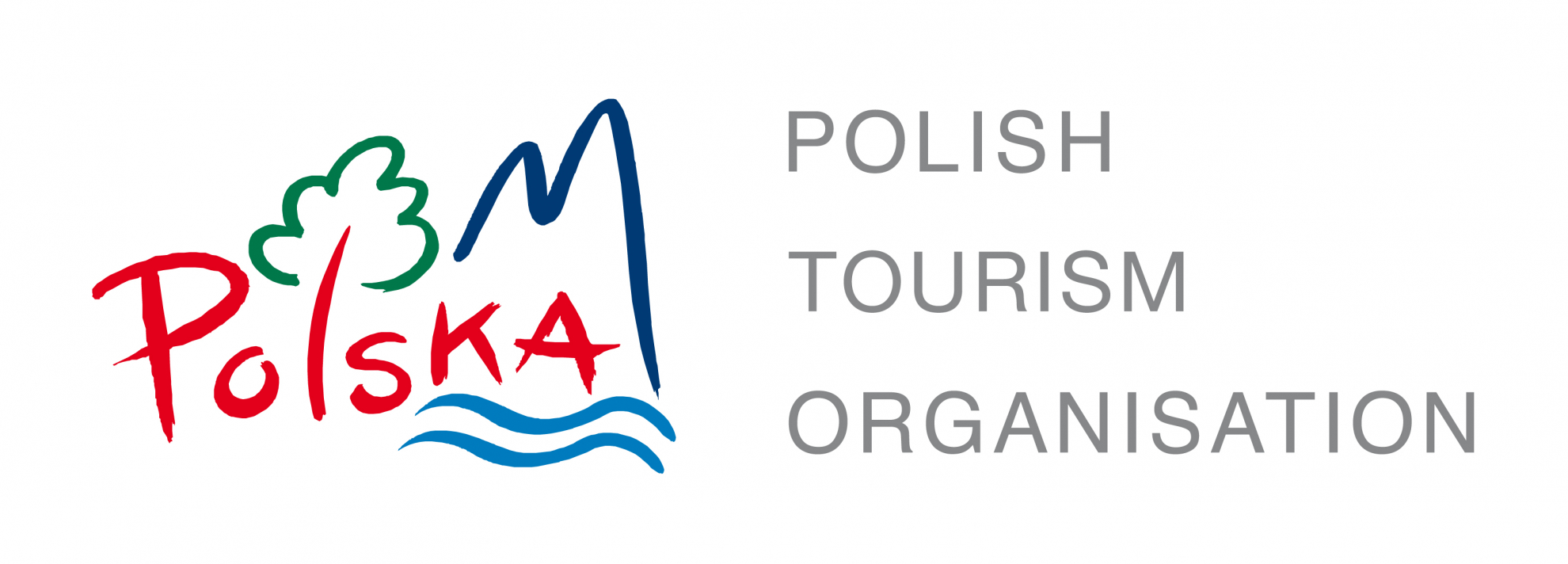Style of the Polish late Renaissance with the beautiful portal leading into the main prayer room.
Synagogue- among the people invited by Jan Zamoyski in 1580 to settle down in this newly-founded city in the Italian Renaissance style were, besides Poles, Ruthenians, Armenians, Scots and the Dutch, also Sephardic Jews (i.e. ones coming from Spain, Turkey and Italy). They specialised in banking and medicine. However, after the wars of the mid 17th c. most of them left. They were replaced by Polish Jews, called Ashkenazic. Their quarter was to the north-east of the market. Until today a late Renaissance synagogue from the first quarter of the 17th c. has been preserved, with an attic and an interesting stucco decoration of the prayer room (now a library), as well as the buildings of the kahal house and the ritual bath. Zamość was an important centre for the history and culture of the Jews. It was the home town of, among others, the poet and doctor Solomon Ettinger, the activist of the progressive Haskala movement Jakob Eichenbaum, the Yiddish writer Icchak Leib Perec (born in a house at the corner of the market and B. Morando St.), and the leftist activist Róża Luksemburg (born in Staszica St.).


 Térkép:
Térkép: